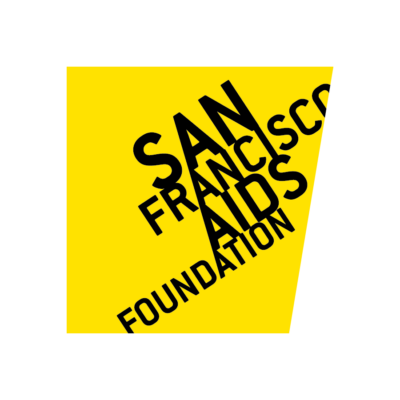The View from Here: Hank Plante & Don Lemon
2011 marks the 30th year of AIDS. “The View from Here” is a special year-long series to mark the anniversary. Advocates, doctors, researchers, politicians, philanthropists, educators, public health professionals, journalists and celebrities are answering the same set of questions each month.
This month we feature two journalists with professional and personal stakes in the fight to end AIDS. Hank Plante covered the HIV/AIDS epidemic for more than 25 years at KPIX-TV in San Francisco. Don Lemon continues to report on the disease as an anchor and reporter at CNN, and he will be a keynote speaker at the United States Conference on AIDS in Chicago in November. By living their lives openly as gay men, they are reducing the impact of stigma in our culture, which is crucial to ending the HIV/AIDS epidemic.
We’ve learned a lot in 30 years. What do we have yet to learn?
Plante: What we have yet to learn is why AIDS prevention campaigns fail to work, or go stale, for so many people. For example, it’s baffling that after 30 years of great prevention campaigns in San Francisco, there are still two to three new infections every day in the city. Perhaps 30 years is a long time for people to practice safe sex, which is why the message can’t be curtailed.
Lemon: We have yet to learn that having HIV/AIDS is no different from having cancer or any other disease.
What was your deciding moment, when HIV/AIDS became an important issue in your life?
Lemon: I saw HIV/AIDS up close in New York City in the early 1990s, during some of the worst years. It really hit home for me in the early 2000s when I became a reporter and I realized the power of my job and profession. African Americans were dying faster and more than any other group in the United States. But the community refused to believe it. I knew I had to speak and show the truth about it.
Plante: The deciding moment came for me when my friends starting getting sick. As an openly gay man living in Los Angeles in 1981, I knew some of the first people who became ill. As a reporter, AIDS was always more than just a story for me. It was a personal tragedy that was affecting the people I loved.
With ever-increasing public health issues to contend with, why should anyone still prioritize HIV/AIDS?
Plante: AIDS should be a prioritized health issue because it is preventable, unlike many other illnesses. We should also care because of simple human compassion.
Lemon: It should be prioritized because it’s killing people all over the world every day and it doesn’t have to be that way. Saving lives should always be a priority.
What keeps you up at night?
Lemon: There are only a few things that keep me up at night. Chief among them is social inequity. We are programmed to think and be and accept certain things. Why? We’re usually told, “that’s the way it’s always been.” Well, that’s not good enough for me. And it shouldn’t be good enough for anyone. We have to change the “that’s how it’s done” attitude with a “this is how it should be done” mentality.
Plante: I often think of the friends I’ve lost. I think of the years they’ve missed, and how they deserved to have lived to be my age. I see their faces, I hear their voices. I think of how much better society would be if they were still here.
Three decades into the epidemic, what gives you hope?
Plante: I am given hope by the new medications and by the medical professionals and volunteers who keep working on AIDS, many since the beginning. I’m also given hope by the people living with HIV who have not withdrawn from living, and who are engaged in life. They are an inspiration to me.
Lemon: I remember the days of being discouraged to even talk about or report on HIV/AIDS. I’m not sure if it still happens in certain newsrooms. But it certainly doesn’t happen to me anymore. Maybe it’s because I’m outspoken. Or maybe people know I don’t play that game anymore. Whatever the reason, the freedom to be able to shed light on the disease gives me hope.










